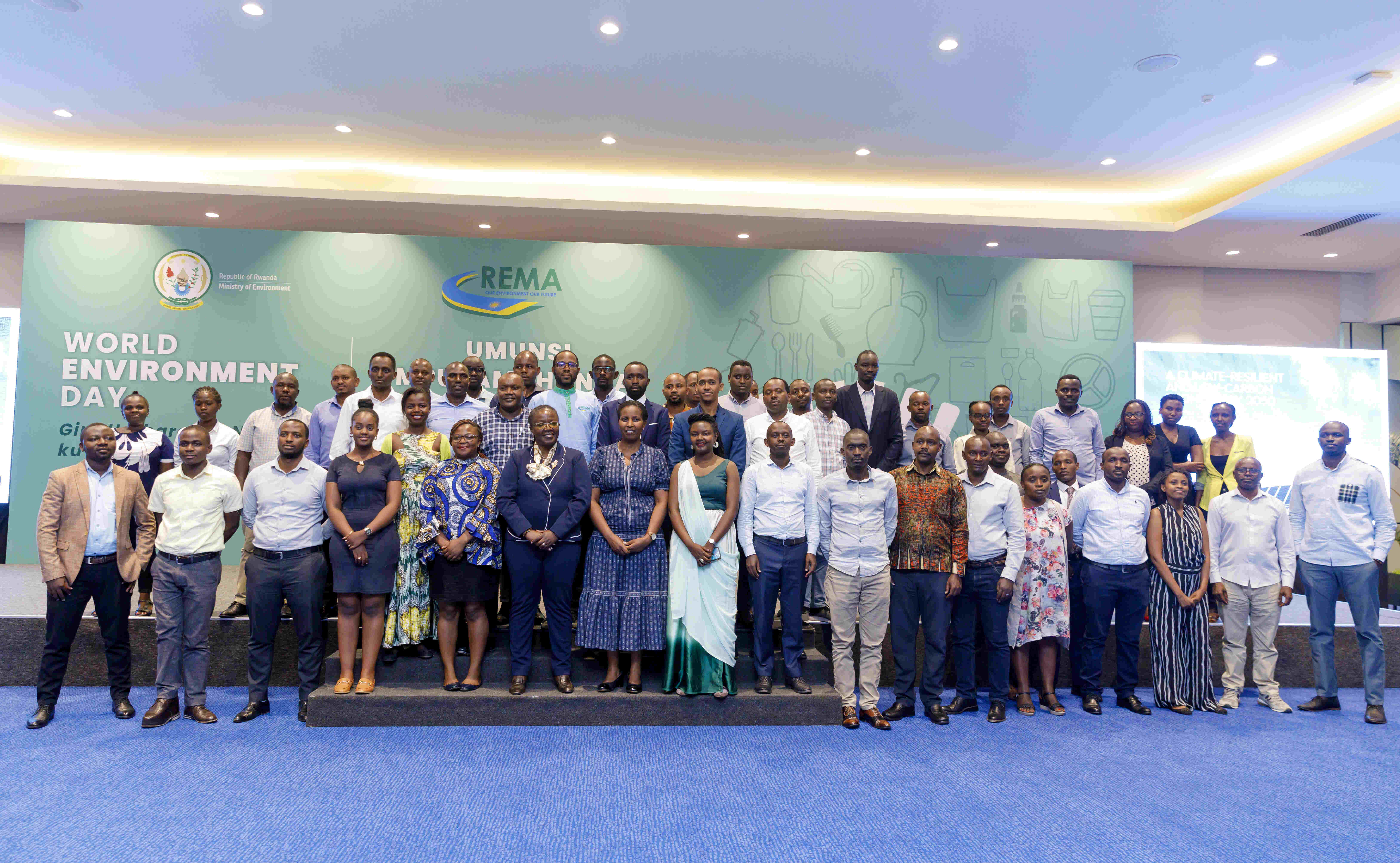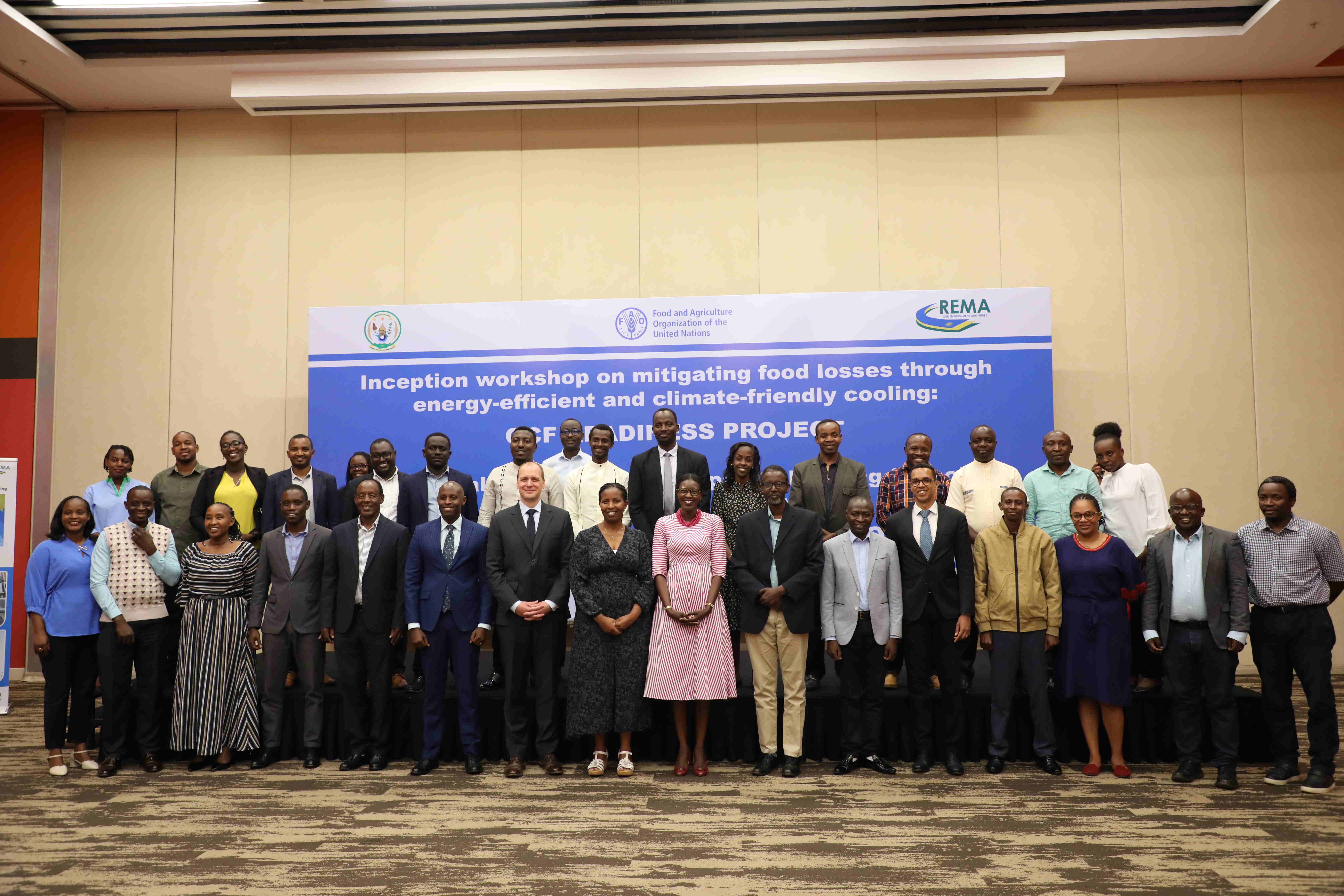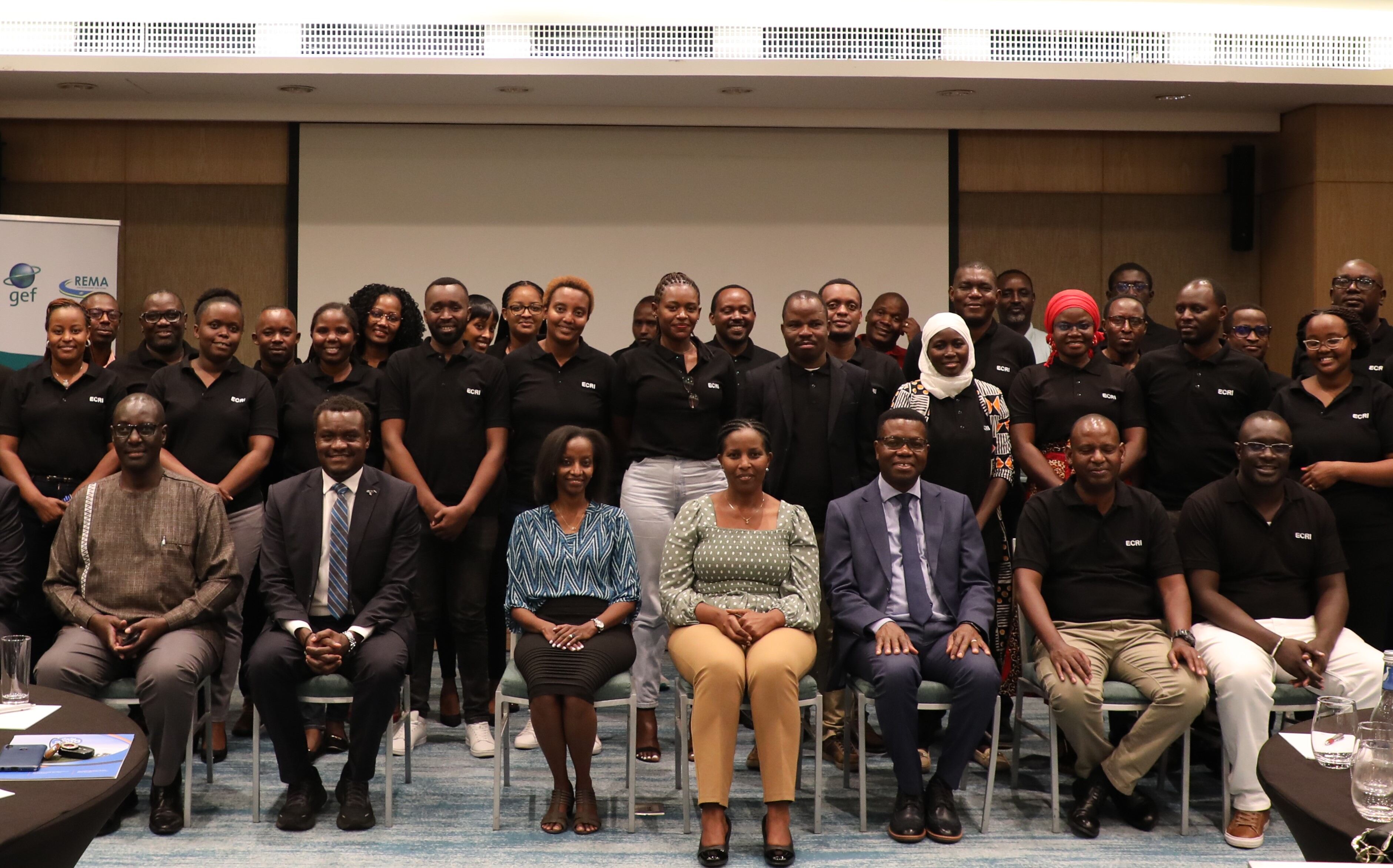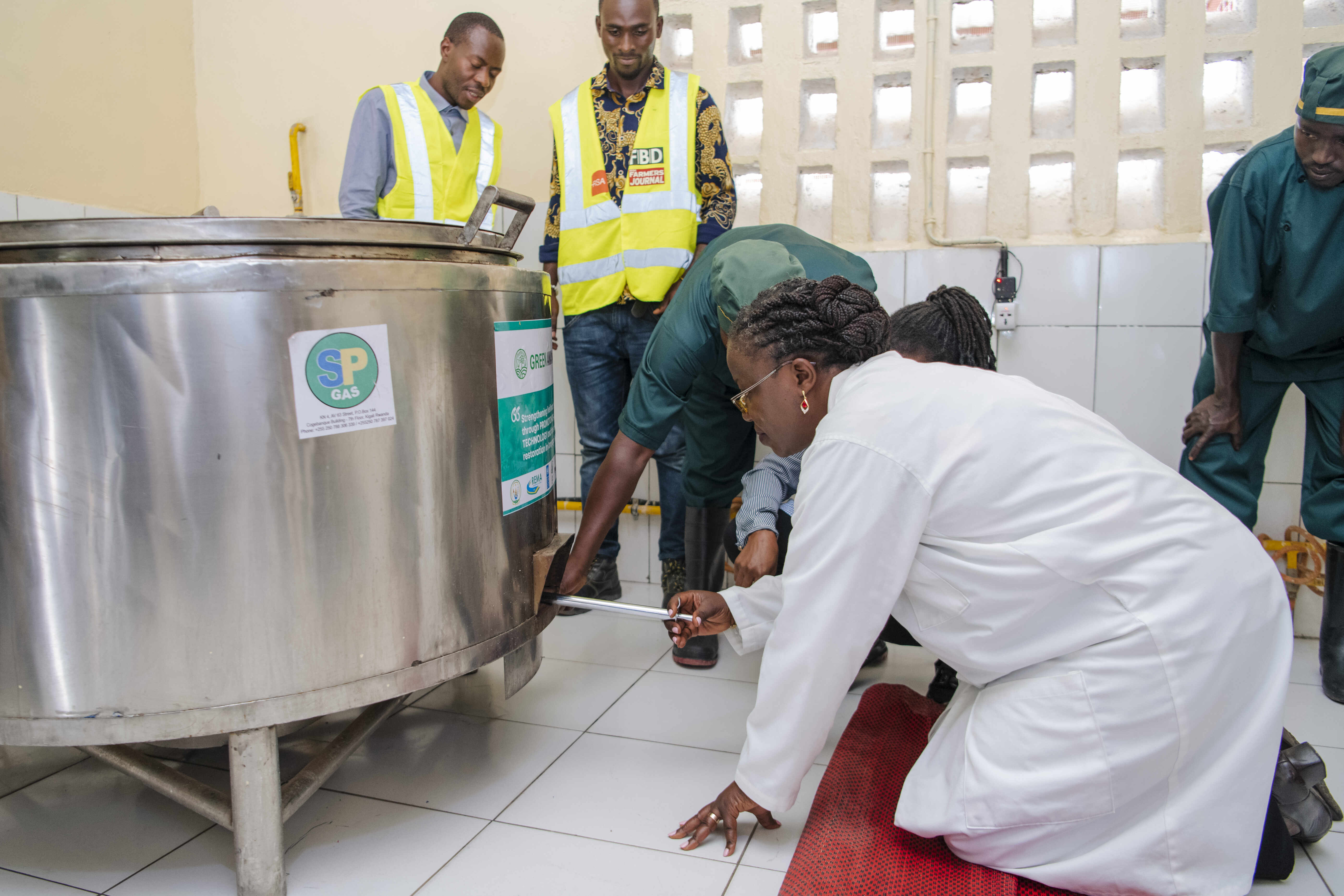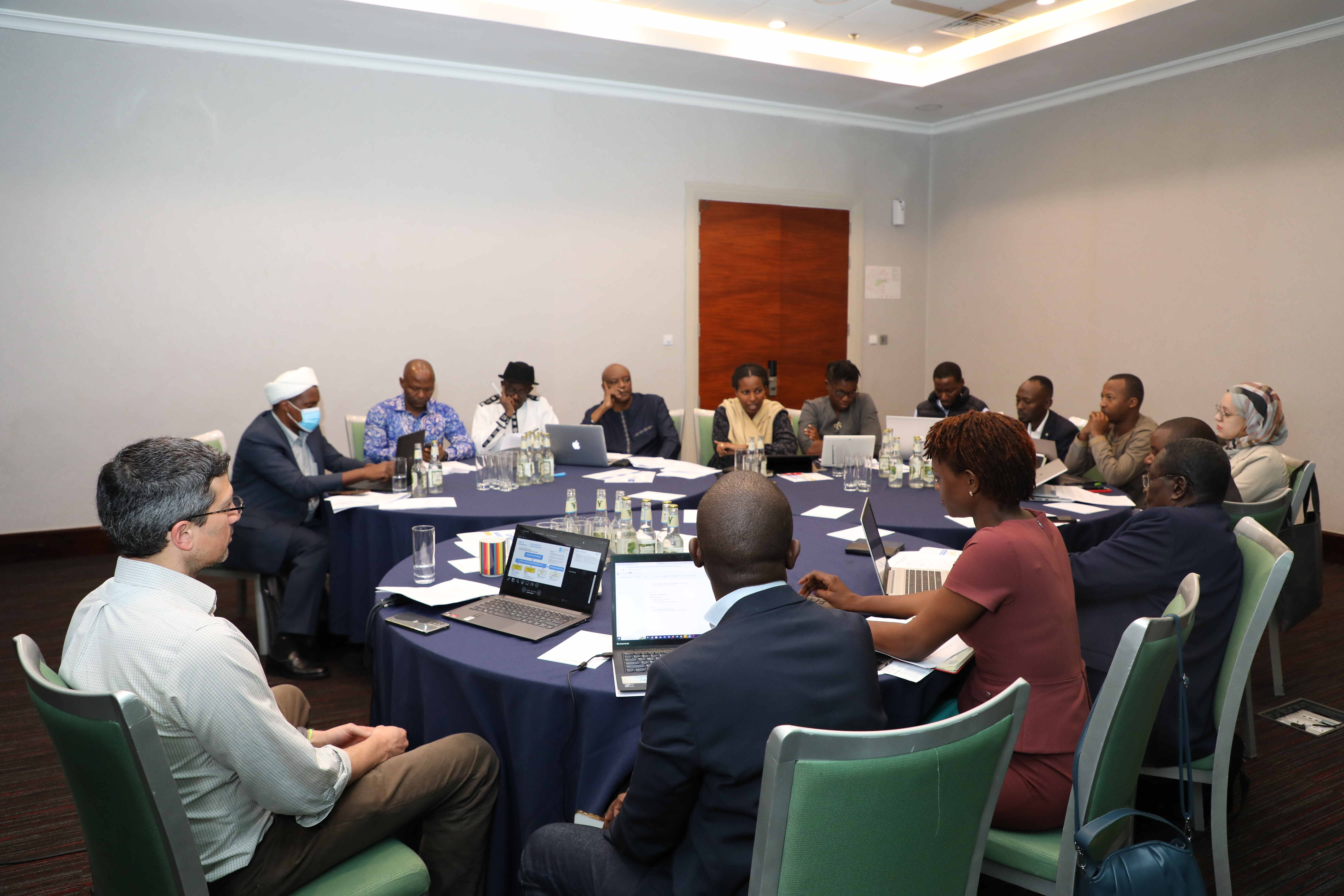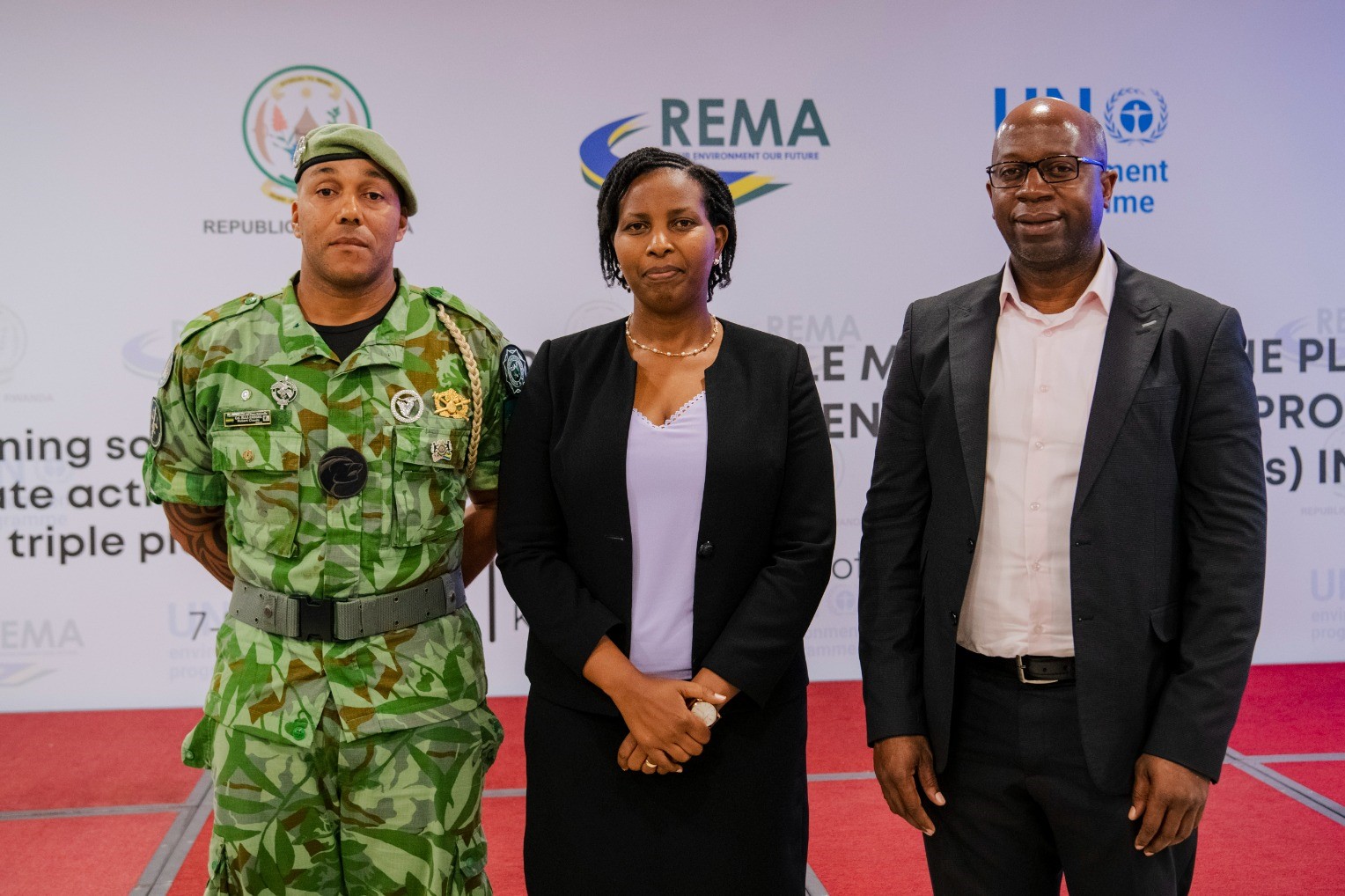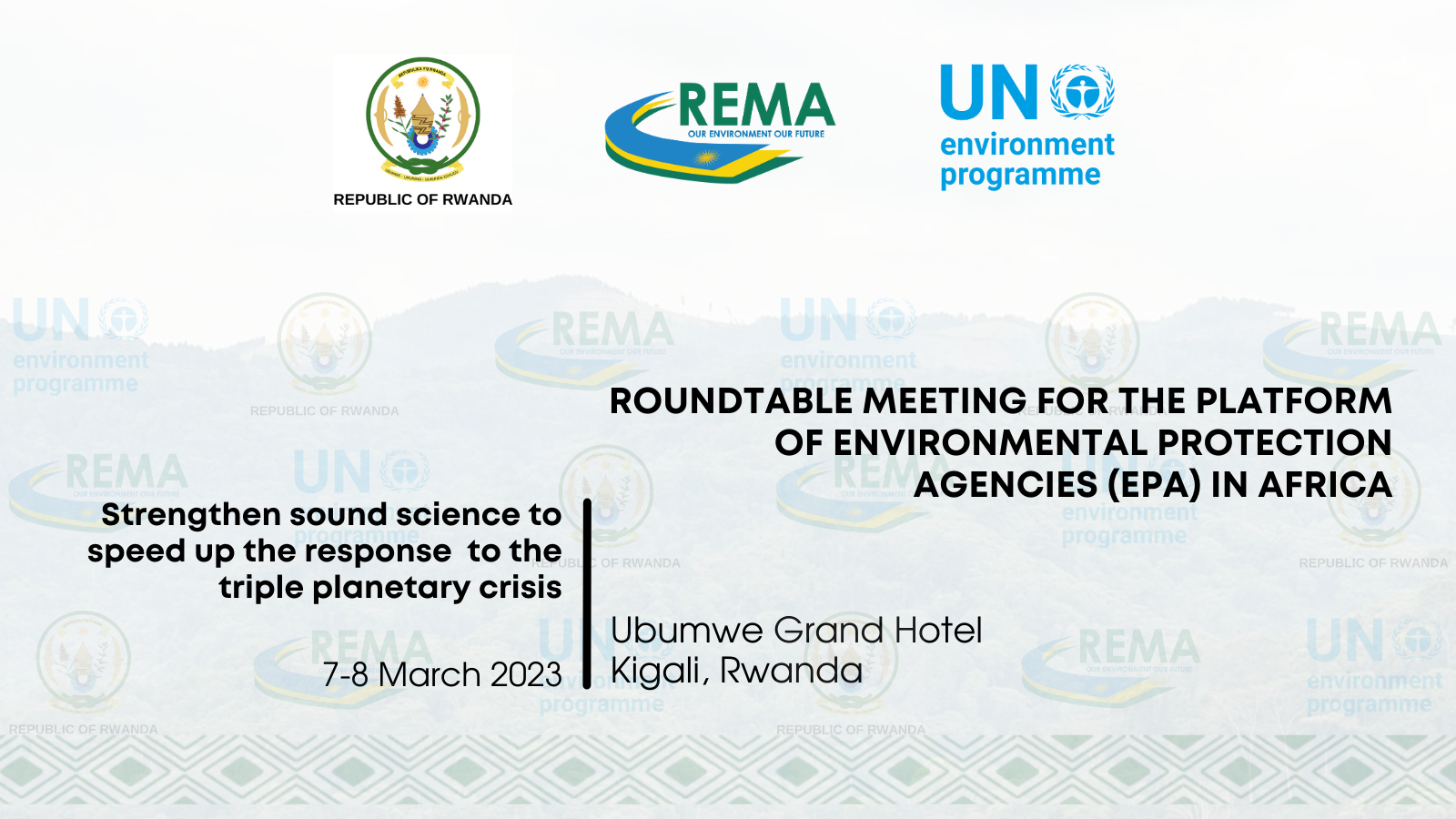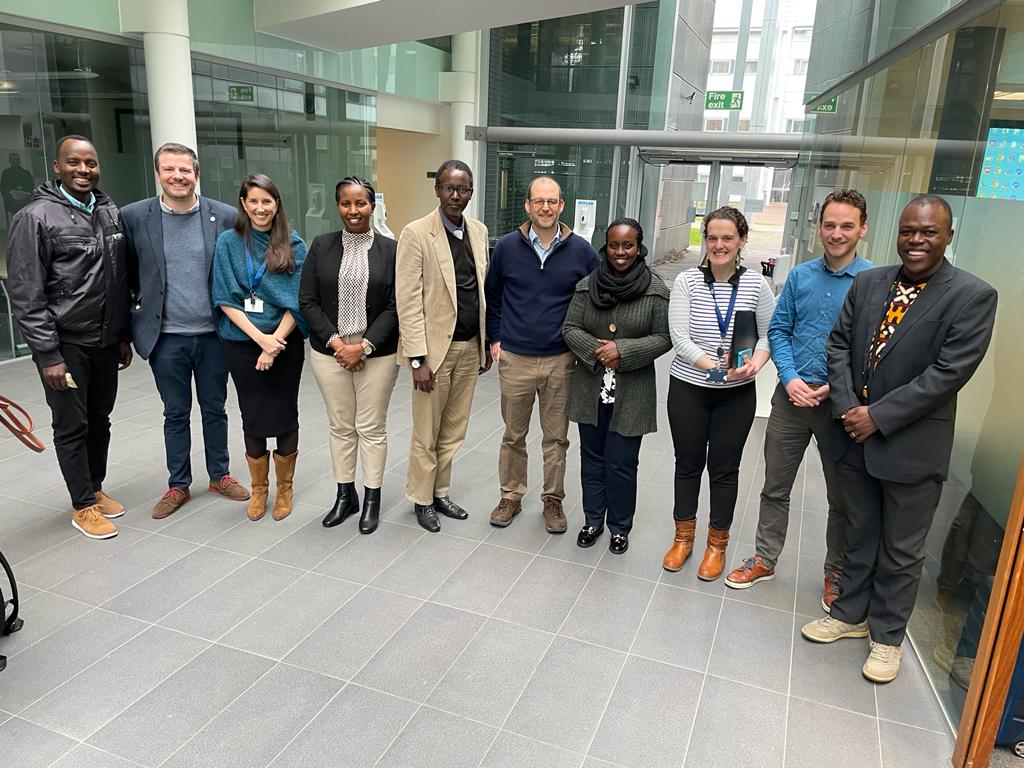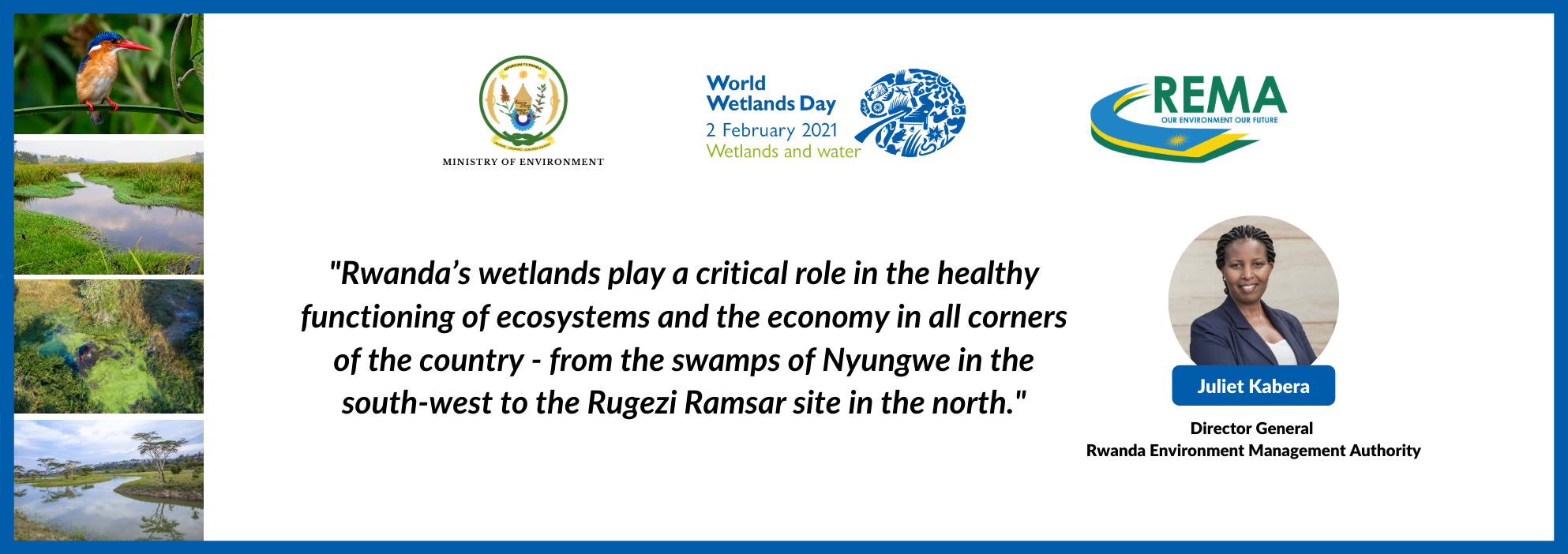
Remarks by Director General Juliet Kabera on the World Wetlands Day
- Minister of Environment
- Representatives of government agencies and our valued partners
- Distinguished ladies and gentlemen
- Friends of the environment
Good morning and greetings from my home in Kigali! Mwaramutse nzeza!
I would like to thank you for joining this special celebration of World Wetlands Day, despite the challenging times we are in. We are grateful that you have taken time out of your busy schedules and homeschooling responsibilities to be with us.
Today we are joined by a number of special guests who will share their expertise in wetlands conservation, water resources management, nature based solutions and catchment planning. We will hear from private sector operators and the City of Kigali on best practice urban planning. I would also like to thank Minister Mujawamariya for joining us as the Guest of Honour and Lilliane Mupende from GGGI for moderating the discussions.
Today wetlands make up 10.6% of Rwanda’s territory with approximately 915 wetlands inventoried across the country. Of these, 38 wetlands - representing about 20% of the total area - are fully protected. About 74% have provisions for conditional use and 6% unconditional use. In total, around 53% of wetlands have been converted to agriculture while 41% remain covered by natural vegetation.
Rwanda’s wetlands play a critical role in the healthy functioning of ecosystems and the economy in all corners of the country - from the swamps of Nyungwe in the south-west to the Rugezi Ramsar site in the north. This is because wetlands deliver a wide range of services vital for human well-being - from flood mitigation, water storage and purification to carbon storage and fertile land for agriculture. Our task is to preserve these natural functions so they can continue to deliver the services we rely on.
It might seem obvious, but wetlands need a lot of water to fulfil these functions. In a country like Rwanda, with typically high average annual rainfall, we’re fortunate to have the right conditions for wetlands to thrive. But we are facing a number of challenges that are putting the health of wetlands at risk.
The extraction of water and its inefficient use in commercial operations, soil erosion, unsustainable fertilizer and pesticide use as well as illegal mining and infrastructure development are all threatening wetlands. As policy makers, practitioners, private sector operators, civil society and citizens, our task is to stand up for wetlands and put in place simple but effective mechanisms that address these issues.
In recent years, strong political leadership and a growing awareness of the importance of wetlands has resulted in increased community support for wetland conservation and rehabilitation. This is especially true in the City of Kigali where residents have led the charge for more green space and public recreational facilities. We are proud to be working with the city authorities and our partners including the Global Environment Facility and the World Bank to green the urban landscape with wetlands at the heart of this effort.
Achieving the goals we have set for wetland protection and restoration requires a multi-sectoral approach. That’s why I am so pleased we have contributors from a wide range of backgrounds joining today’s event. I encourage participants to engage in today’s discussions with questions and feedback, and contribution throught the discussions.
I wish you all a very happy World Wetlands Day.
It is now my pleasure to invite Minister of Environment, Dr Jeanne d’Arc Mujawamariya, to deliver her remarks as Guest of Honour.
Thank you for your kind attention.
Topics
More posts
RWANDA MARKS WORLD ENVIRONMENT DAY AFTER WEEKLONG CAMPAIGN PROMOTING SOLUTIONS TO PLASTIC POLLUTION
Rwanda has on June 5, 2023 joined the rest of the World to mark the World Environment Day (WED 2023), which is marked with the theme Beat Plastic…
Rwanda and partners launch two projects to advance energy efficiency and sustainable cooling
The Government of Rwanda, through the Rwanda Environment Management Authority (REMA), the Food and Agriculture Organization (FAO) and the Green…
REMA launches the Evidence-based Climate Reporting Initiative to advance climate research and reporting
The Rwanda Environment Management Authority (REMA) in collaboration with the African Institute of Mathematical Sciences (AIMS) have on May 19, 2023…
National Ozone Officers meet in Kigali to discuss the implementation of Montreal Protocol and its Kigali Amendment
The Rwanda Environment Management Authority (REMA) in collaboration with the United Nations Environment Programme (UNEP)’s OzonAction has organized a…
Minister Mujawamariya officiates the use of LPG donated to 20 schools by REMA through Green Amayaga Project
The Minister of Environment, Dr. Jeanne d’Arc Mujawamariya has on 3rd May 2023 launched the use of Liquefied Petroleum Gas (LPG) for bulk cooking in…
Delegates from across Africa meet in Kigali to Develop Priorities and Strategies for International Legally Binding Instrument to End Plastic Pollution
The Rwanda Environment Management Authority (REMA), in collaboration with the Environmental Investigation Agency (EIA) and the Center for…
Rwanda elected to chair Platform of Environmental Protection Agencies in Africa
The first-ever roundtable meeting of Heads of Environmental Protection Agencies and Directors of Environment in Africa (EPAs) has elected Rwanda to…
Rwanda to host African Heads of Environmental Protection Agencies to discuss common environmental challenges
Rwanda will from 7–8 March 2023 host the first meeting of the Heads of Environment Protection Agencies and Directors of Environment in Africa (EPAs).
…Delegates from Rwanda conduct a strategic tour in UK to pave the way for the operationalization of ACES
Rwandan Delegates and the Africa Centre of Africa Centre of Excellence for Sustainable Cooling and Cold-Chain (ACES) Project team are participating in…
